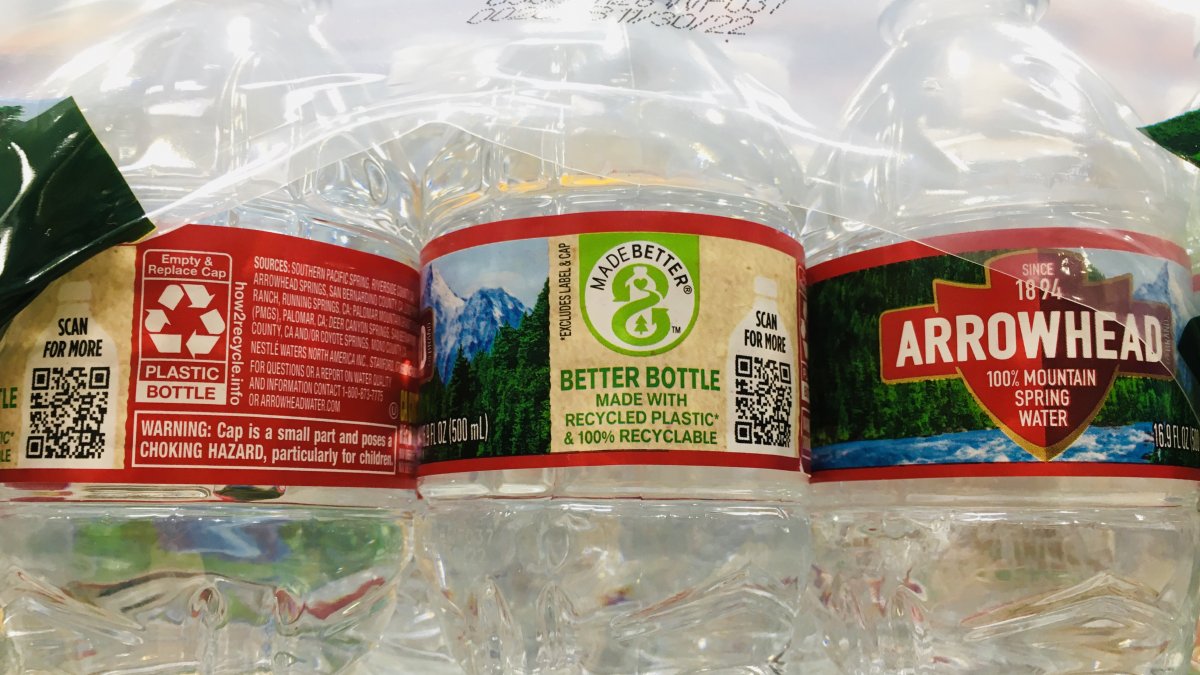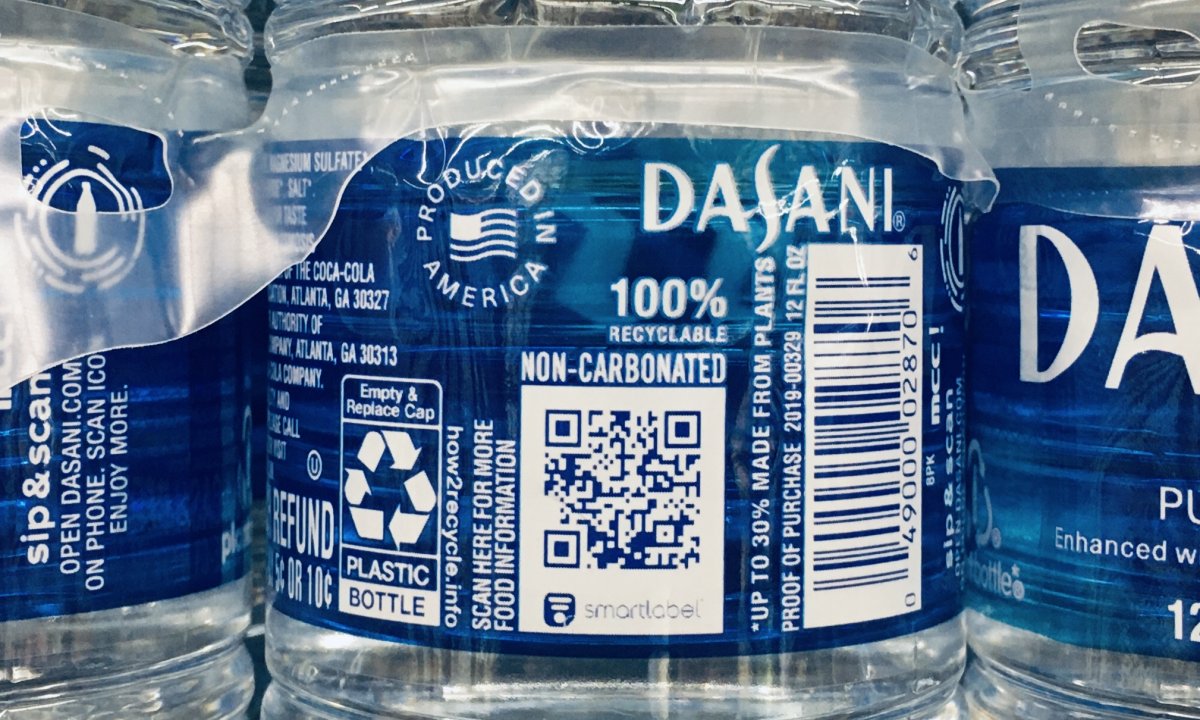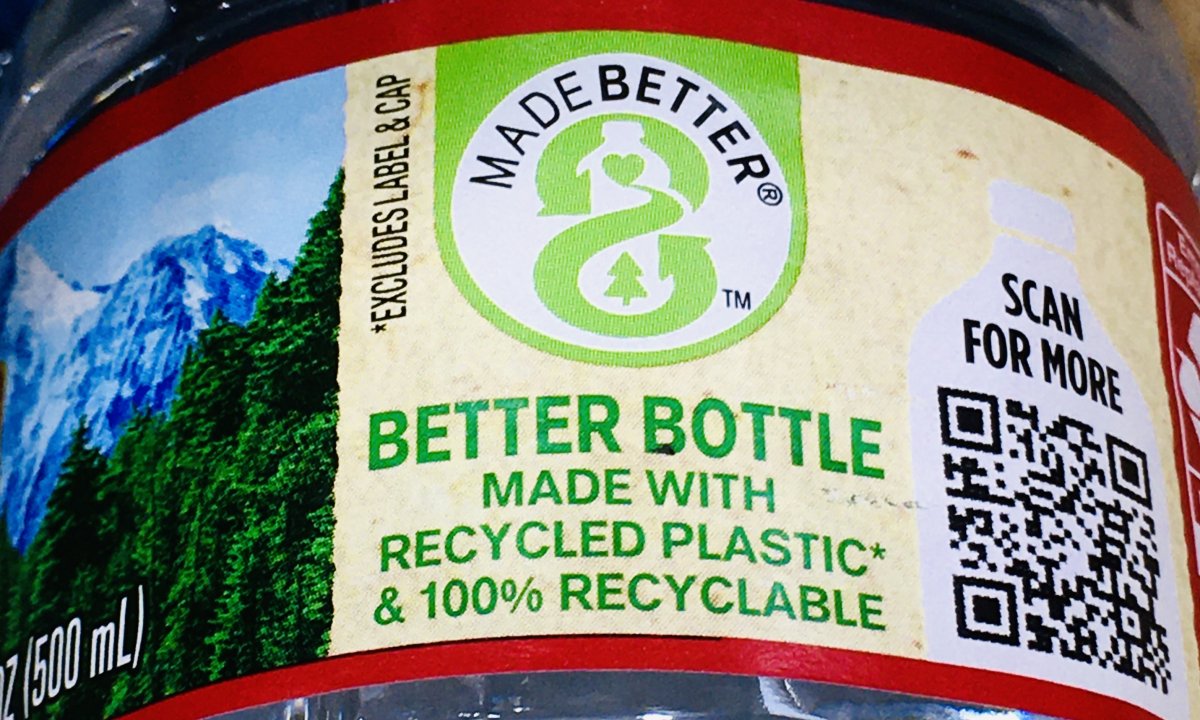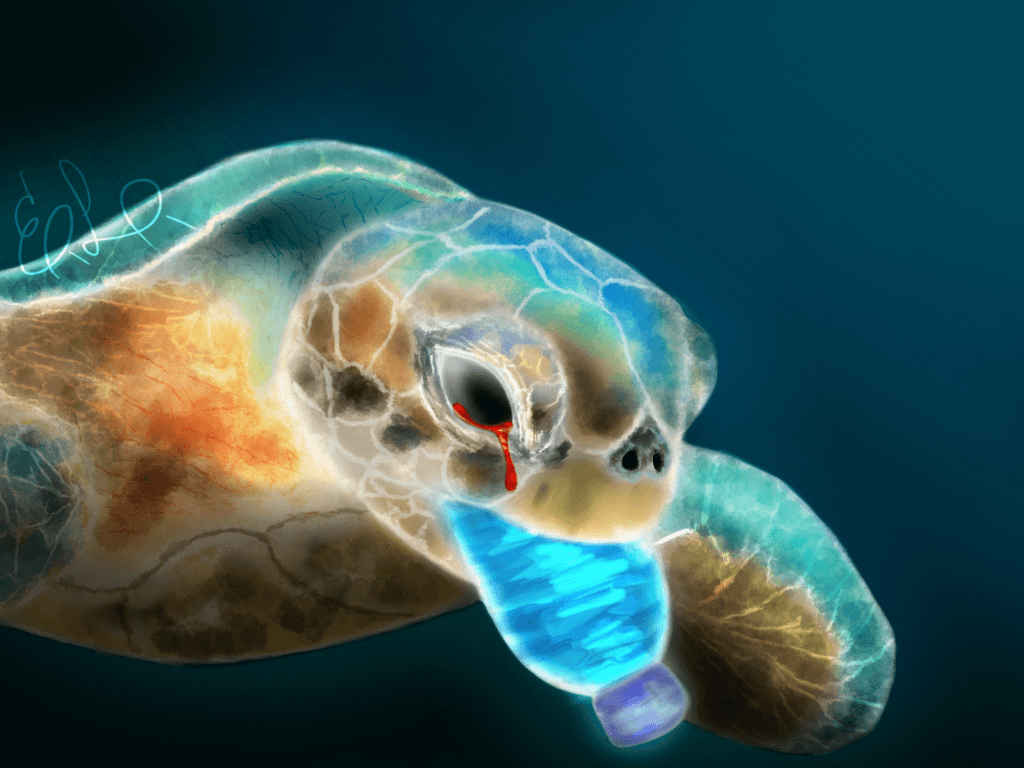June 7, 2021
The vast majority of people are being intentionally misled when it comes to recycling and don’t seem to know that most of what we recycle actually ends up in a landfill or the ocean. Senate Bill 343 has been introduced to reduce consumer misinformation about which plastics are recyclable by building on California’s “Truth in Environmental Advertising” law.
Recycling has become more of a priority over the past few years. But why is there so much still going into landfills and polluting our ocean? There is a lot of confusion when it comes to recycling and whether or not you’re actively contributing to pollution. The answer is yes, each time we use a single-use item we contribute to pollutants. Although, the fault may not be all on us (the consumers).
The Ocean Conservancy estimates that there are 150 million metric tons of plastic in the marine environment. While people may be “doing their part” to recycle single-use plastics particularly water bottles, according to Postconsumer PET Container Recycling Activity in 2017 by the National Association for PET Container Resources and the Association of Plastic Recyclers, 29.2% of bottles were collected, but only 20.9% of the material was salvaged in processing. That means 29% of the material was wasted in reprocessing.
Greenpeace’s report Circular Claims Fall Flat revealed that U.S. recycling facilities can process no more than 23% of PET #1 plastic produced each year. PET #1 plastic is primarily used in water and soft drink bottles and is just one of the seven types of plastic resins produced. An increasing number of municipalities in Massachusetts have banned bottled water, unfortunately, some local governments continue to offer it at meetings. In terms of the biggest offenders, Break Free From Plastic’s Brand Audit Report showed that the top three contributors linked to 14% of global oceanic plastic pollution are Coca-Cola, PepsiCo, and Nestle.
Much of the blame should be put on companies like these who don’t properly disclose the details surrounding their single-use products' recyclability. Senate Bill 343 has been introduced by Senator Ben Allen and Assemblymembers Laura Friedman and Lorena Gonzalez to push companies to be more transparent with consumers on their labeling. It is an important step to stop us from continually falling susceptible to greenwashing.



A reusable water bottle would save layers of single-use plastic packaging and the effort of wish-cycling.
Another important bill you should support is Assembly Bill 962 introduced by Assemblymember Sydney Kamlager. This bill will pave the way for returnable beverage bottle systems in California by allowing returnable (“refillable”) bottles to flow through the state’s Beverage Container Recycling Program.
Most importantly, each of us can do more to reduce single-use. If you're already using reusable bottles, bags, and food ware, look around your home, find another single-use item to replace this week with a reusable alternative. In the long run, you save money and the environment. This could be a fun project with your children, developing a plan of creative actions.
I’d like to end by sharing a piece of art from our exhibit Ocean in the Eyes of Children, in collaboration with Bow Seat Ocean Awareness Programs, Newport Beach Chamber of Commerce, and Newport Beach Arts Commission.

Plastic Chokes Me
Erica Lim, 7th Grade Student in Stevenson Ranch, California
“In my work there is a turtle with a water bottle in its mouth. The background is dim, and the turtle is blazing. I wanted to emphasize the turtle because I wish to say, “That beautiful life is dying in that dark ocean because of that plastic water bottle. For me, ocean pollution means people are killing precious and innocent marine lives without any caring or loving toward them.”
Simone Kuhfal (she/her) is a member of the Sierra Club Palos Verdes South Bay group, volunteering on zero waste and water issues.
